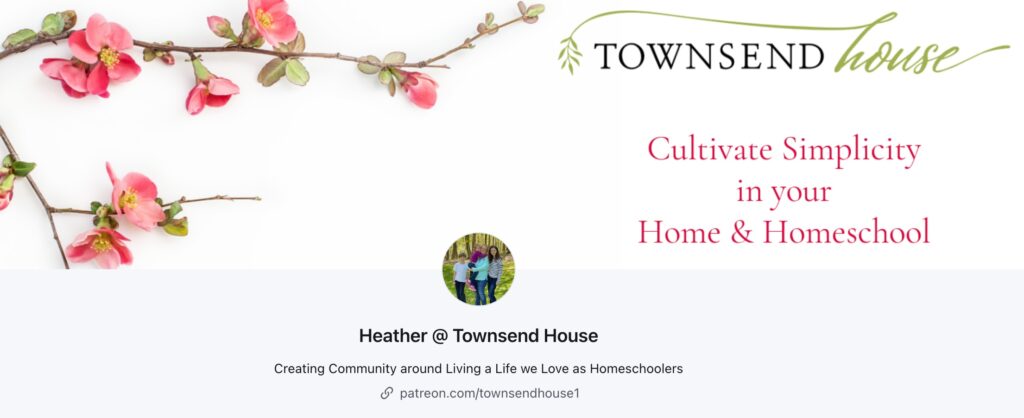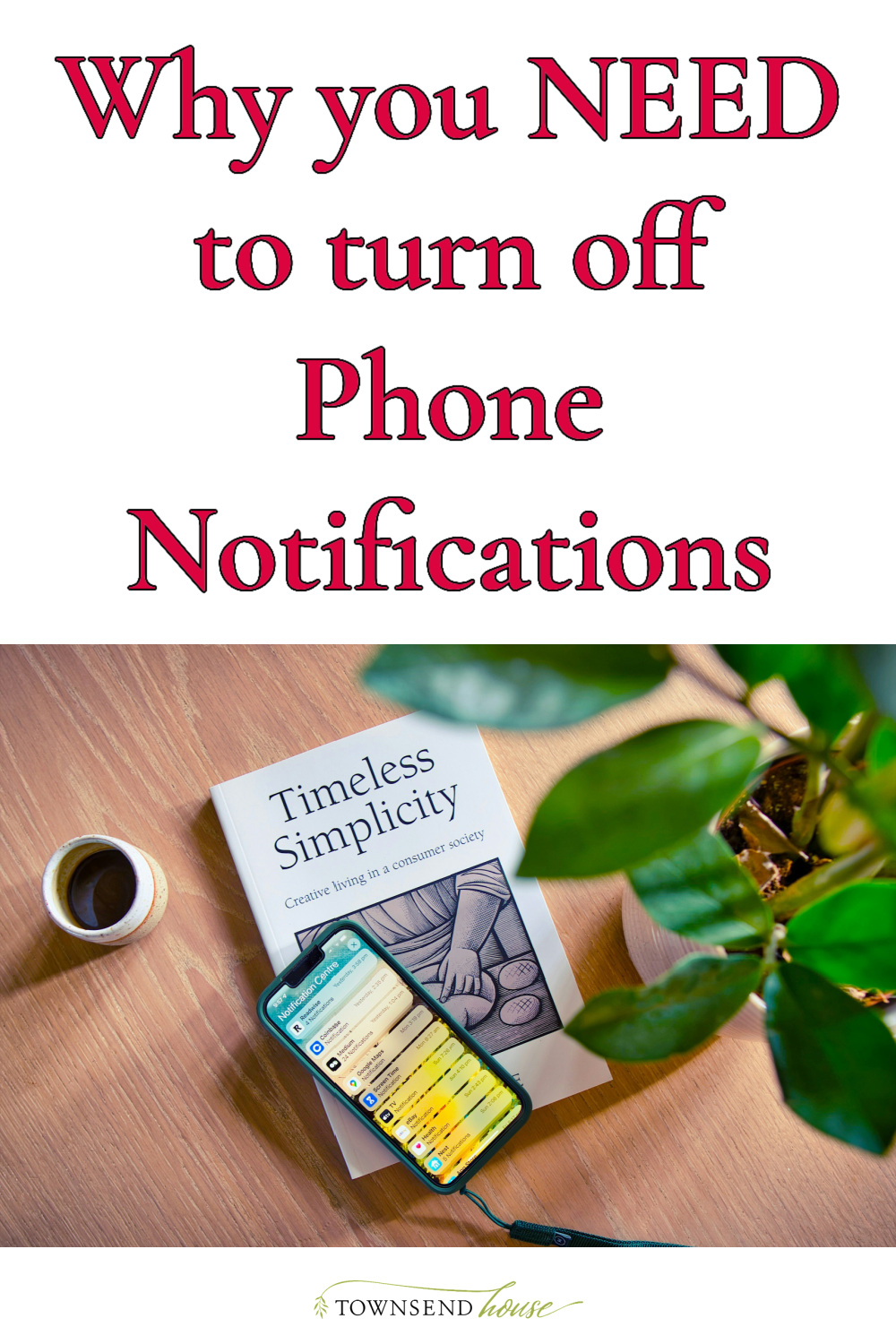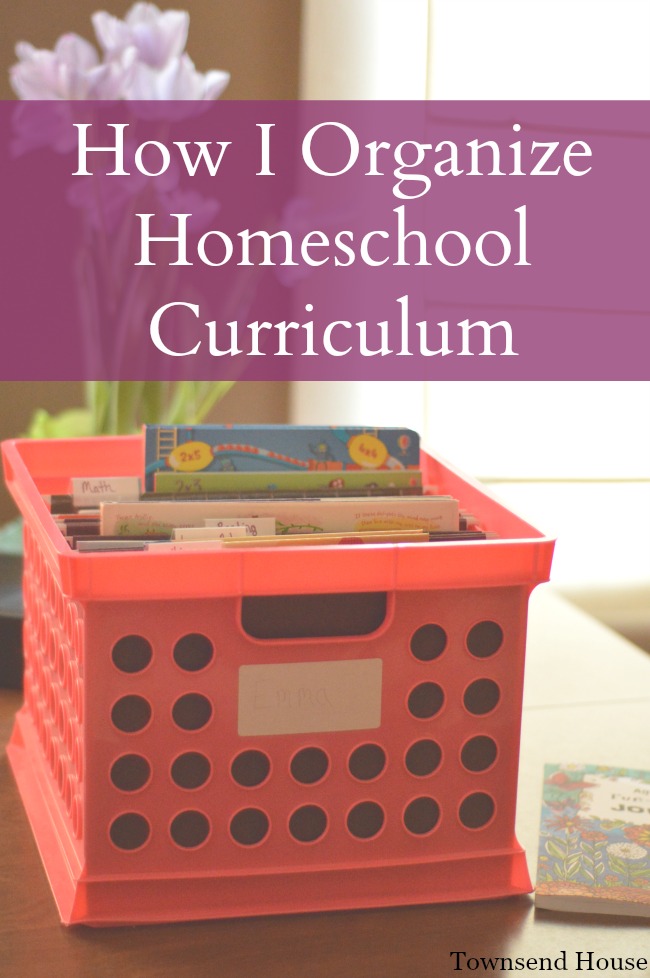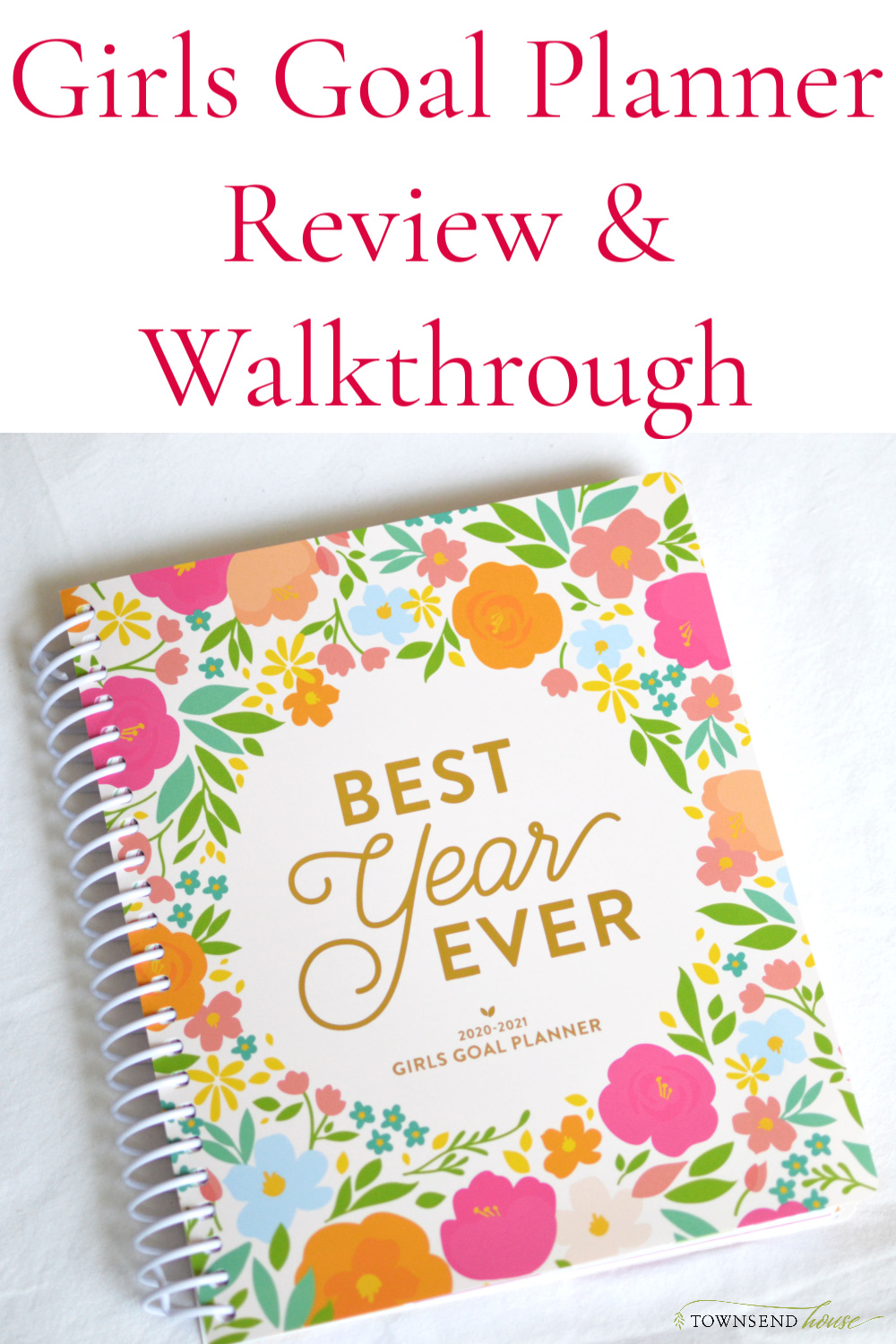How to use Reflection to Craft Your Dream Life
We have spent the past couple of days talking a lot about considering and reflection. Reflection is one of those challenging aspects to goals that a lot of people will struggle with. However, it doesn’t have to be that way. When you sit down to reflect on your life, on your habits and systems, it gives you clarity.
When you are considering you are doing the work of dreaming. You are trying to figure out what changes you may want to make, and what types of new systems and rhythms you want to incorporate into your life. But, when you start to reflect on these changes, that is when the true magic happens. Why? Because you start to see what is working and what is not. This clarity is integral in making progress on your goals. If you don’t know whether or not something is working well how can you know if it is the right thing for you and your family to be doing?
Big Picture Reflection
One of my favorite times for reflection is the yearly reflection. I have always taken that magical week between Christmas and New Year’s to prepare for the year ahead and reflect on the year that has passed. It is one of those grounding traditions that I have had since I was really young – probably since middle school. I have years and years of reflections about the previous year. It is how I first learned to set goals.
This post includes affiliate links. If you click on one of these links and make a subsequent purchase I may receive a commission. Read Disclosure.
You see what your year turned out like, the highs and the lows, and then you start to think of the changes that you want to make. Now, of course, I notice the changes I want to make earlier, and write them down. But, when I was younger, this reflection was the lead indicator for me to create my goals. And it continued to be my lead indicator until I started using the PowerSheets Goal Planner which introduced me to more than a reflection on my year, but an entire section of prep work.
Join my membership community where we will be walking through prep work together!

Other Reflection Intervals
There are several other times throughout your year where reflecting is a great idea. This act helps keep what is important at the forefront of your mind. If you only sat down to reflect once each year, you wouldn’t be able to make the little changes you need to. Or you could, but you may not recognize those changes need to be made.
Quarterly
The next type of reflection you want to do is quarterly. If you have not read The 12-Week Year, I highly recommend it. It helps break down why 90-day goal setting works so well with our brains, as well as how to manage quarterly goal planning. This is not something that I have always done. In fact, it wasn’t until a few years ago that I really found the value in quarterly goals, and reflecting on my overarching goals quarterly.
Monthly
One of my favorite parts of the month is my monthly reset day this is a day that I have talked about a lot over the years. A day set aside to both consider as well as reflect. I have time to do both on this day. I want to reflect on the previous month, and see how things went for me, my family, and my goals. And then I also take time to consider the coming month – what is on the schedule? What should I adjust? And what goals can I work on in the month ahead. If you don’t take time each month to do this, I would recommend you look at your own calendar and see when you can put this very important appointment down. Having a planning day, or monthly reset day, helps you stay on top of your goals and your calendar, and reminds you of what is most important.
Weekly
A weekly reflection is just as it sounds, a time set aside each week to grade yourself on the previous week. What went well, where were there challenges? Did you have a lot of interruptions to your plan for the week? What can you do to mitigate that for the coming week? This is not something that I spend a lot of time on. Rather, I check in on my goals, see if there are any small changes that need to be made, and then focus on planning the week ahead. But, you keep those reflections in the back of your mind as you are planning. It is all about the little adjustments.
Daily
Can you have a daily reflection? Absolutely. Is it necessary? It depends on what type of reflecting you are doing. At this granular level, I recommend your daily reflection being a gratitude. What are you thankful for? What is one positive thing that happened, that your kids did, that you read etc. throughout that day?
The Bottom Line
Reflection does not have to be a big scary thing. Yes, if you haven’t done a lot of reflecting before, it might be a little more challenging. The best way to start is to either journal or make a list of the highs and lows – what worked and what didn’t – in the period of time you are reflecting on. I recommend starting with yearly reflections, and this is the perfect time of year to start brainstorming the next year. But, if you are reading this in June, consider a monthly reflection. Put yourself on the calendar for a specific time. I have the last Thursday of the month blocked off for my monthly reset each month. Take that time and reflect, consider, and plan.
Do you take time to reflect? What time period is your favorite for reflecting on?




